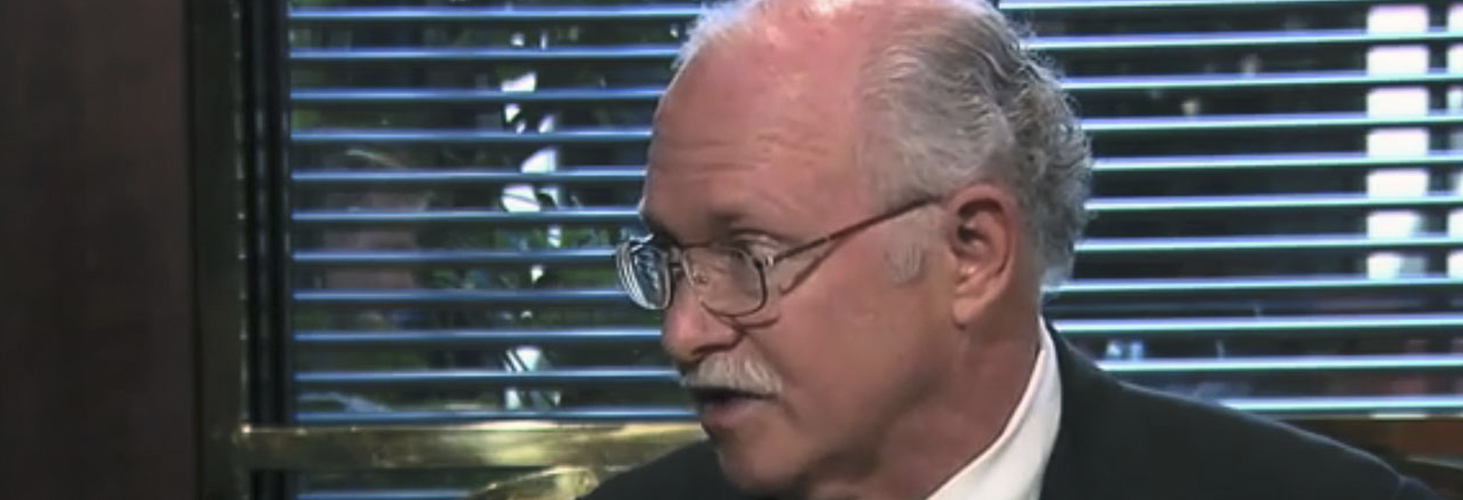By Brandon Moseley
Alabama Political Reporter
Monday, June 26, 2017, the United States Supreme Court ruled in favor of a Church in Trinity Lutheran Church v. Comer , which banned discrimination against religious non-profits.
Alabama Supreme Court Justice Tom Parker (R) explained the impact of today’s decision by the US Supreme Court in Trinity Lutheran Church v. Comer, which banned discrimination against religious non-profits. Justice Parker said in a statement, “Today’s ruling has a positive effect on Alabama. Although the Court did not address it, Missouri’s action against the church was based upon its state constitutional version of the Blaine Amendment.”
Justice Parker explained, “The Blaine Amendment, challenged by Trinity Lutheran Church, was proposed as an amendment to the US Constitution by President Ulysses S. Grant and sponsored by Sen. James G. Blaine from Maine.
The proposed constitutional amendment was animated out of an anti-Catholic bias, but had to be written in such broad terms that it applied to all religions, including all Christian denominations. The constitutional amendment failed by in the US Senate.”
Parker said, “Later, as US Secretary of State, Blaine was involved in imposing acceptance of the Blaine Amendment as a pre-condition for the admission of new states to the Union and for readmission of many of the former Confederate states. Thus, it exists today in some form in the state constitutions of 38 states, including Alabama, in Section 263 of the Alabama Constitution.”
Justice Parker said, “The Supreme Court’s decision in Trinity Lutheran Church v. Comer affirmed the free exercise of religious rights of a church over a strict application of the Blaine Amendment by a state. It’s impact on Alabama is a step forward for religious equality and religious freedom.”
The Montgomery based Foundation for Moral Law hailed the Supreme Court’s ruling in favor of Trinity Lutheran Church as a victory for religious liberty.
The Foundation said that in this case, the State of Missouri had made scrap tire materials available to schools to spread over playgrounds to make them safer for children. Trinity had applied for a grant for the playground of its affiliated Learning Center, but the State denied the grant, claiming that a provision of the Missouri Constitution prohibits aid to churches. Trinity sued the State of Missouri, claiming the refusal constituted a violation of the church’s right to free exercise of religion.
The Supreme Court ruled in favor of Trinity Lutheran Church. In his plurality opinion, Chief Justice Roberts held that Missouri’s policy “expressly discriminates against otherwise eligible recipients by disqualifying them from a public benefit solely because of their religious character.” This, he said, forces the Church to either cease operating as a church or lose eligibility for a substantial state benefit. Roberts said this violates the Free Exercise Clause of the First Amendment.
Foundation President Kayla Moore hailed the ruling as “a victory for religious persons of all varieties. It enables churches to continue providing educational services to the children of their members and others.”
Foundation Senior Counsel John Eidsmoe added, “Trinity Lutheran Church did not seek any special benefits from the State of Missouri. It sought only to be included on an equal basis in a state program that is available to all. This case reaffirms that proposition that the State may not single out religious institutions for discrimination.”
The Foundation submitted an amicus brief in this case on December 7, 2015. The Court agreed to hear the case shortly thereafter and has now ruled in favor of the church.
The Freedom From Religion Foundation also submitted an amicus brief in this case, except they were on the losing side. The group wrote in a statement that the 7 to 2 decision, “Could inflict incalculable damage upon the constitutional wall of separation between state and church. Seven justices turned their backs on the hallowed principle that citizens should not be forced to financially support churches and church schools. The decision strikes a blow, possibly fatal, against treasured provisions in a majority of state constitutions whose prohibitions against taxpayer support of religion are more explicit than the First Amendment’s Establishment Clause.”
It has been a bright line rule since America’s founding that the government will not fund religion or the free exercise of religion. Today, the Supreme Court destroyed that rule, claiming that a government funding program that is not open to churches “violates the Free Exercise Clause.” This turns the steadfast rule on its head, admitting that government funds that flow to churches ultimately facilitate religious worship. Never in our history has the government been able to fund religious worship- until now.”
The Freedom From Religion Foundation routinely sends letters to Alabama schools and local governments threatening lawsuits over prayers, Bible studies, and nativity scenes they find disturbing.
Kayla Moore is married to former Alabama Supreme Court Chief Justice Roy Moore (R), who is running for US Senate in this year’s Special Republican Primary on August 15, 2017. The Special General Election will be on December 12, 2017.
Justice Tom Parker has announced that he is running for Chief Justice of the Alabama Supreme Court in 2018.



















































